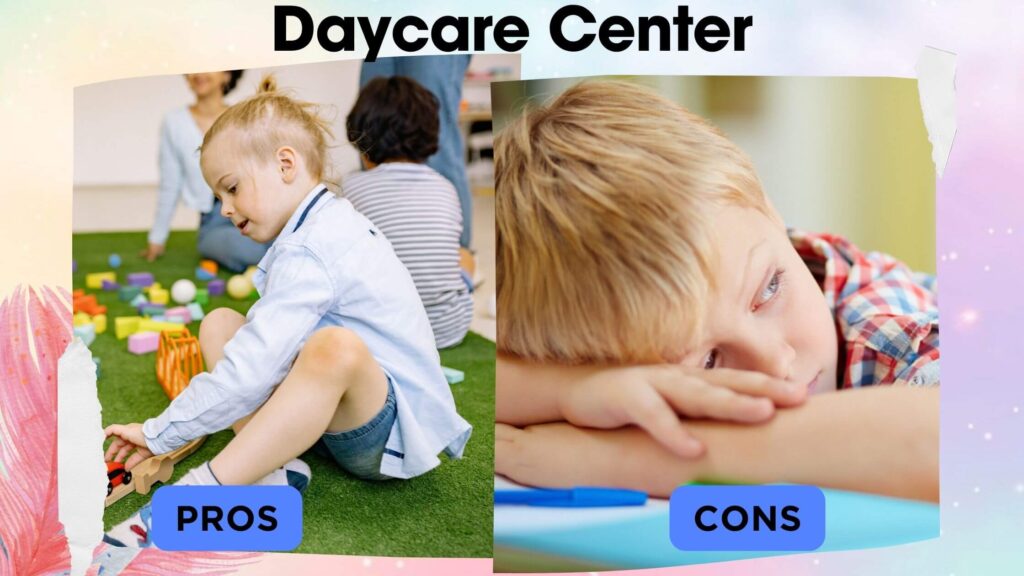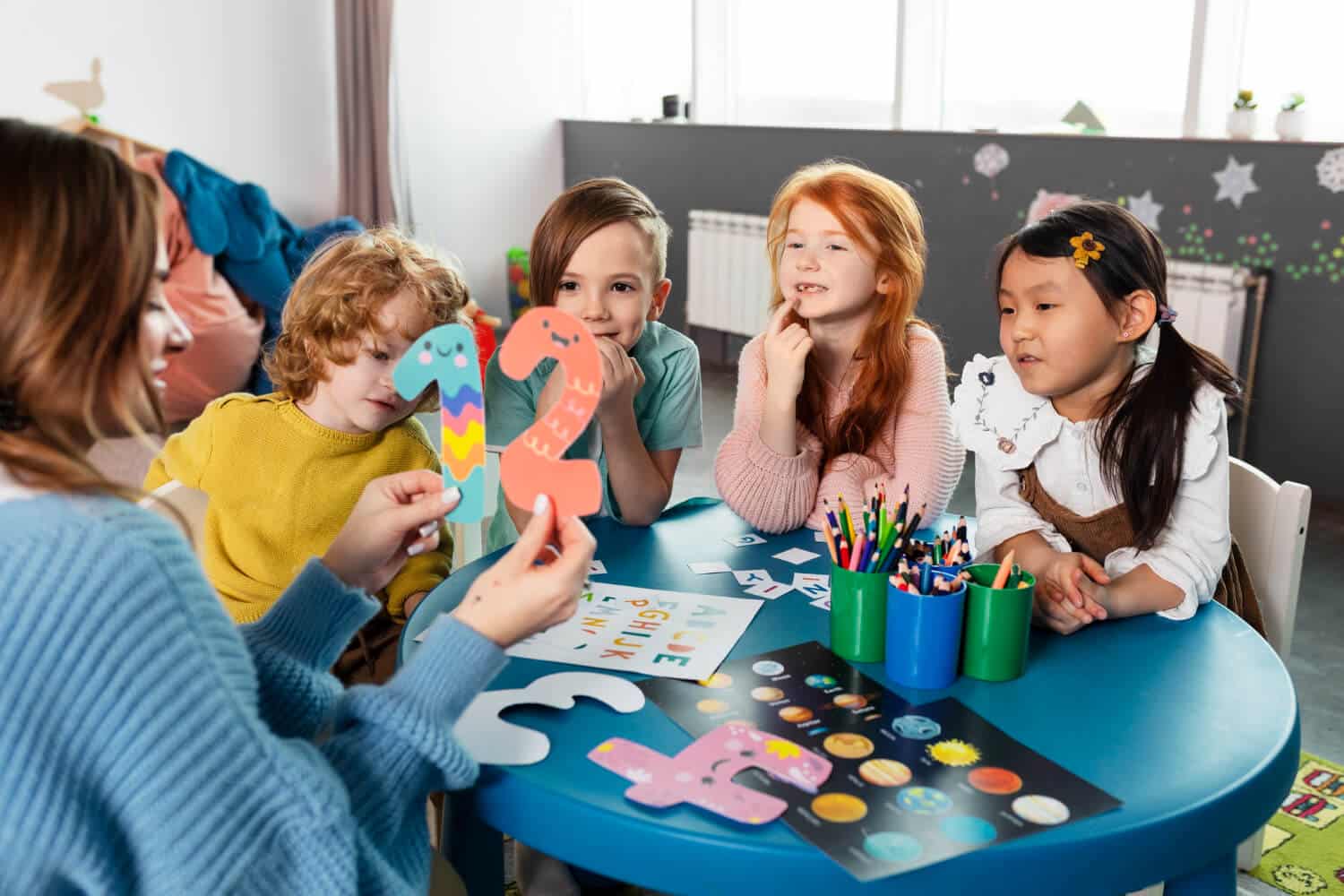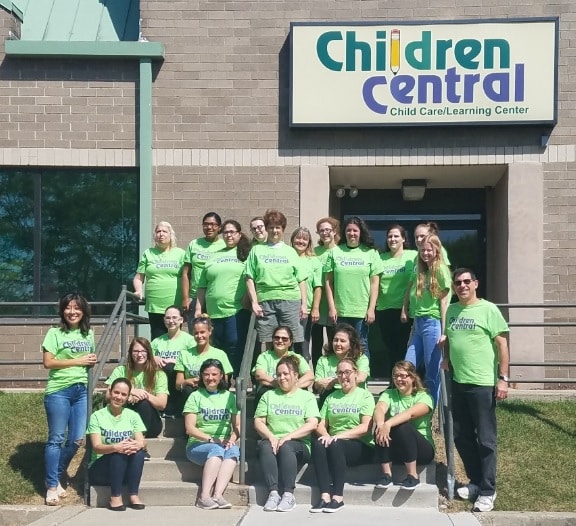Understanding Your Child Care Options

1. Search for In-Home Infant Daycare Near Me
In-home daycare is provided in a caregiver’s private residence. This option can offer a more intimate, family-like setting for your infant. When searching for “infant daycare near me,” you may come across many in-home child care providers. These caregivers often have a small number of children, allowing for more individualized attention and flexibility in scheduling.
However, it’s important to thoroughly vet any in-home daycare provider to ensure they meet all necessary safety and licensing requirements. You’ll also want to consider factors like:
- Provider's experience
- Education programs
- Childcare philosophy to determine if they're a good fit for your family
2. Day care Centers: Finding Daycare for Infants
Day care centers are larger facilities that care for children of various ages. They often have structured infant care programs and multiple caregivers on staff. If you’re finding childcare for infants, a daycare center might be a good option. These child care centers typically have more resources and amenities than in-home daycares, such as age-appropriate play equipment, educational materials, and dedicated spaces for eating and napping.
Daycare centers are also subject to stricter licensing and regulatory requirements, which can provide added peace of mind for parents. However, larger group sizes and less flexible schedules may not be ideal for every family.
Factors to Consider When Choosing a Daycare


1. Licensing and Accreditation
Accreditation from organizations like the National Association for the Education of Young Children (NAEYC) can also indicate a high-quality program. These child care programs have met rigorous standards for curriculum, child care training, and family engagement. While accreditation is not required, it can be a valuable marker of excellence in early childhood education.
2. Caregiver Qualifications and Training
- Safe sleep
- Feeding
- Diapering
3. Safety and Cleanliness
- Secure entry systems
- Childproofing
- Sanitary diapering areas
Observe the overall cleanliness and organization of the space. Are toys and equipment in good repair? Are floors and surfaces clean and free of hazards? Do caregivers follow proper hand washing and diapering procedures? A high-quality daycare will prioritize the health and safety of the children in their care, and they will be transparent about their policies and practices.
4. Curriculum and Activities
When finding daycare for infants look for caregivers who engage with infants through talking, singing, reading, and playing. They should also provide plenty of time for free play and exploration, as well as structured activities like tummy time and art projects. The daycare should have a variety of age-appropriate toys and materials available, and they should regularly rotate and update these items to keep infants engaged and learning.
Questions to Ask When Touring Daycares


1. Caregiver-to-Infant Ratio
2. Feeding and Sleeping Routines
If you’re breastfeeding, ask about the daycare’s policies for handling and storing breast milk. If your infant is on a specific formula or has food allergies, make sure the daycare is willing and able to accommodate these needs. When it comes to napping, find out where infants sleep (cribs or playpens?) and how often they’re checked on during nap times.
3. Communication with Parents
Find out how often you can expect updates and what kind of information will be shared. Will you receive photos or videos of your infant throughout the day? Are there opportunities for face-to-face conversations with caregivers at drop-off and pick-up times? Make sure the daycare’s communication style aligns with your preferences and expectations.
4. Illness and Medication Policies
Ask about the daycare’s criteria for excluding sick children and how long they must be symptom-free before returning. Find out if there’s a separate area where sick children can be isolated until a parent can pick them up. If your infant requires regular medication, inquire about the daycare’s procedures for storing and administering these medicines. Make sure you’re comfortable with their policies and that they’re able to meet your infant’s specific health needs.
Making the Transition to Daycare


1. Gradually Introduce the New Routine
This gradual approach can help your infant adjust to the new routine and feel more comfortable in the daycare setting. It also allows you to observe how your infant responds to the caregivers and environment. However, in this way, you can address any concerns before the full transition.
2. Bring Comfort Items from Home
- Make sure to label these items with your infant's name and provide extras in case they get lost or need washing.
- Discuss with the caregivers how these items will be used throughout the day, such as during nap times or moments of distress. Having a piece of home with them can make a big difference in helping your infant adjust to the daycare setting.
3. Communicate with Caregivers
If your infant has any health concerns or allergies, make sure these are clearly communicated and documented. Establish a plan for ongoing communication with the caregivers, whether it’s through daily reports, phone calls, or in-person conversations. Building a strong, open relationship with your infant’s caregivers is key to ensuring a positive daycare experience.
4. Be Patient and Positive
Infants pick up on their parents’ emotional cues, so if you appear anxious or upset, it can make the transition more difficult for them. Try to keep drop-offs brief and upbeat, even if your infant is crying or clinging to you. Trust that the caregivers are well-equipped to comfort and excellent care for your infant in your absence, and remember that the adjustment period is temporary.
Common Concerns and Challenges Faced by Parents
1. Waitlists and Limited Availability
Consider putting your name on waitlists even before your infant is born to increase your chances of securing a spot. Be proactive in following up with daycares, and don’t hesitate to explore multiple options if your first choice doesn’t work out.
2. Cost of Child Care
- Subsidized child care
- Employer benefits
- Flexible spending accounts that may help offset the cost
Make a budget to determine what you can realistically afford, and look into financial assistance programs that may be available. Some employers offer childcare benefits or discounts at certain daycares, so be sure to investigate these options. You may also be able to use pre-tax dollars from a flexible spending account to pay for daycare expenses. Exploring all your financial options can help make infant daycare more affordable.
3. Illness and Germs
Daycare centers should have strict policies in place for preventing the spread of illness, such as:
- Regular handwashing
- Sanitizing toys and surfaces
- Excluding sick children
Benefits of Daycare for Infants
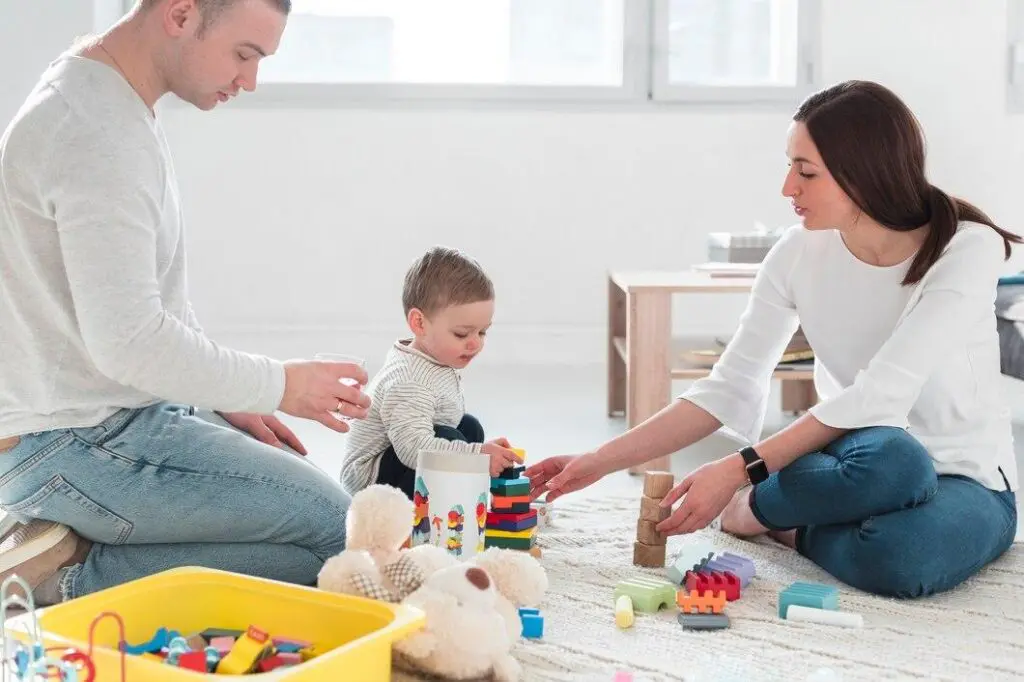
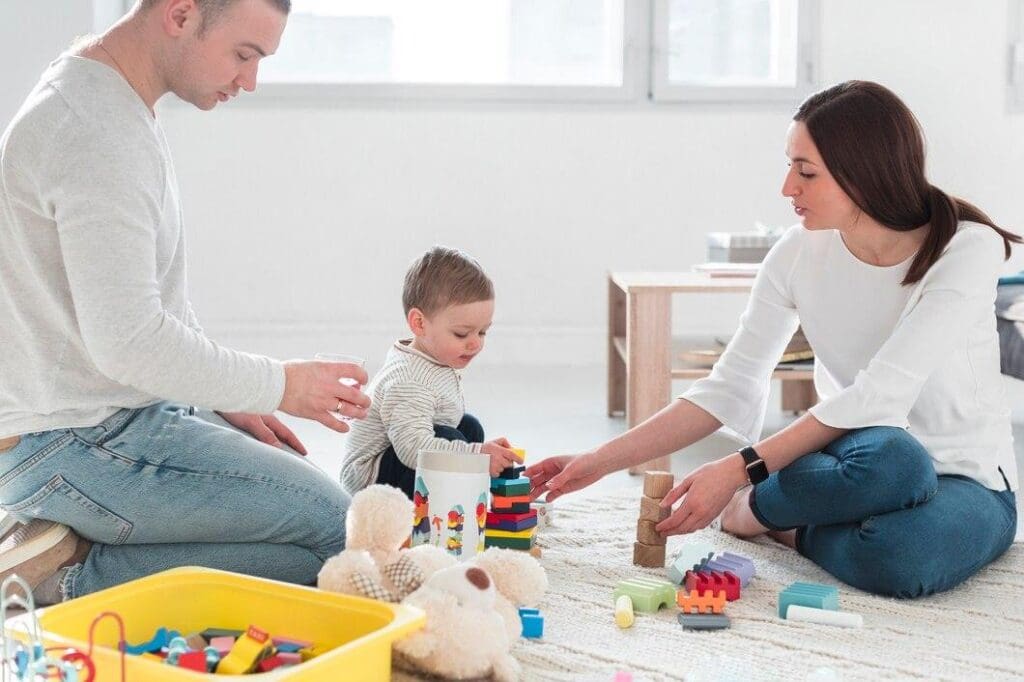
1. Socialization
2. Structured Learning
These experiences help infants develop important skills like problem-solving, creativity, and language comprehension. Caregivers should also engage in responsive interactions with infants, such as talking to them, singing, and playing simple games. These back-and-forth exchanges are crucial for building infants’ communication and social skills.
3. Preparation for School
Infants also begin to learn important skills like following directions, paying attention, and persisting with tasks, all of which will serve them well in future educational settings. Exposure to a variety of people, environments, and experiences in daycare can also help infants become more adaptable and resilient learners.
4. Support for Working Parents
High-quality daycare can also offer parenting support and resources, such as workshops, newsletters, or referrals to community services. Having a trusted partner in your infant’s care can make the challenges of working parenthood more manageable.
Alternatives to Traditional Daycare
1. Family Daycare Homes
Family daycare homes may also offer more flexible schedules or part-time care options. However, it’s important to ensure that any family daycare home you consider is licensed and meets all necessary safety and quality standards. You’ll also want to thoroughly vet the caregiver’s qualifications and experience, just as you would with any other daycare option.
2. Nanny Shares
Nanny shares typically take place in one of the participating families’ homes, which can offer a familiar, comfortable environment for infants. However, nanny shares do require a high degree of communication and coordination between families to ensure everyone’s needs and expectations are met. It’s important to establish clear guidelines and contracts outlining the terms of the share, including cost-sharing, schedules, and responsibilities.
3. Au Pair Programs
Having an au pair can offer flexible, affordable care and expose your infant to a different language and culture. However, au pairs are not always specifically trained in infant care, so it’s important to find a candidate with relevant experience and skills. Families must also be prepared for the added responsibility of hosting an international visitor in their home.
Conclusion
Remember, finding daycare for infants is not a one-size-fits-all process. What works for one family may not work for another. Trust your instincts, ask questions, and don’t hesitate to make a change if a particular daycare isn’t meeting your expectations.
Best Licensed Infant Daycare Near Me
Are you in search of a licensed infant daycare near me and want a focused environment where your child can thrive? For two decades, Parents have entrusted Children Central as their go-to choice. We offer personalized care for infants through Pre-K, led by dedicated educators focused on fostering development. Reach out at (215) 398-1076 to schedule a tour of our six state-of-the-art facilities.



